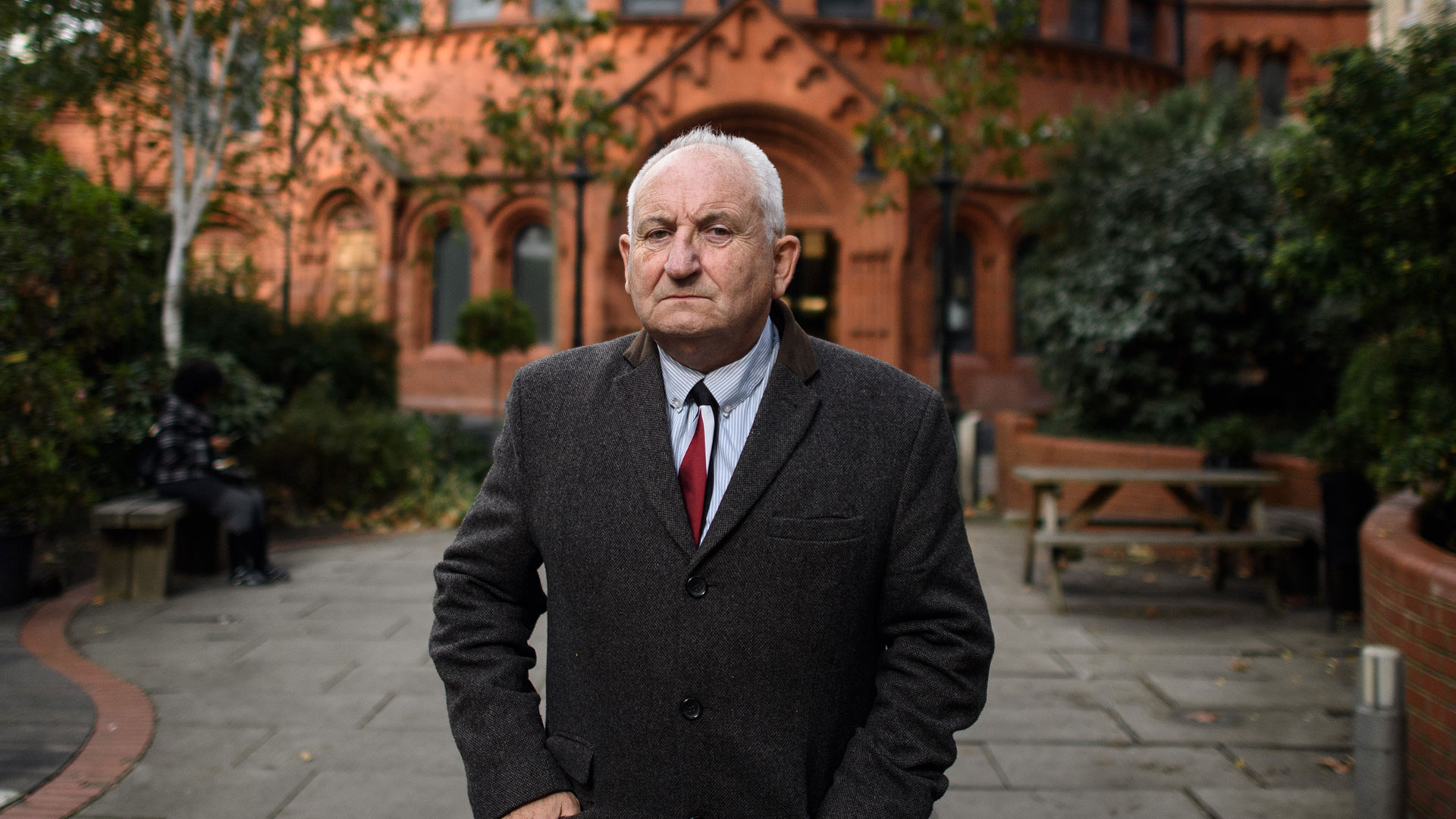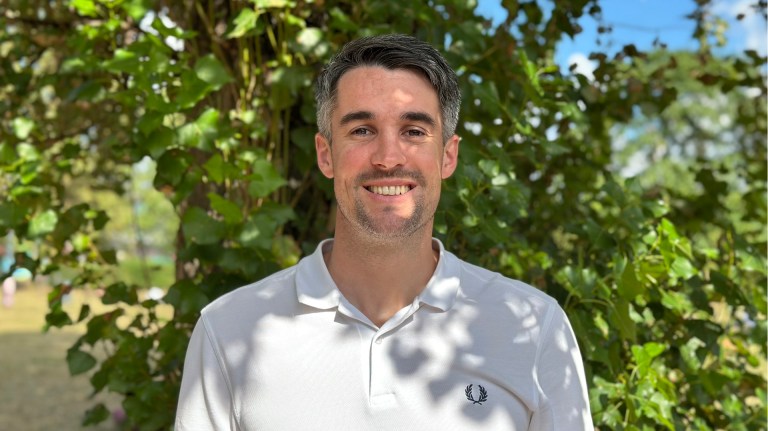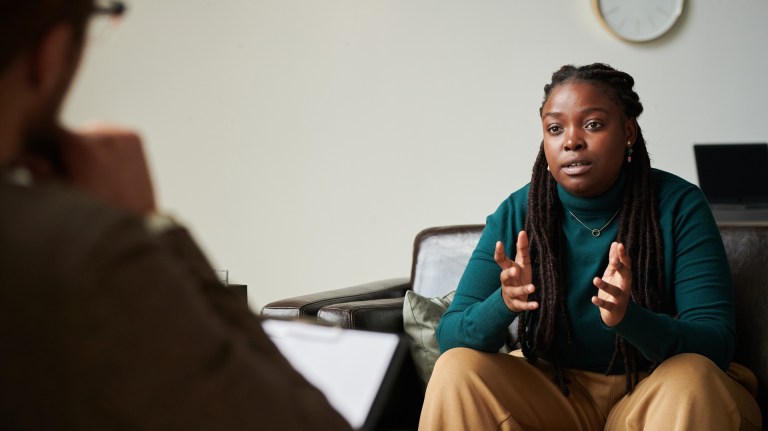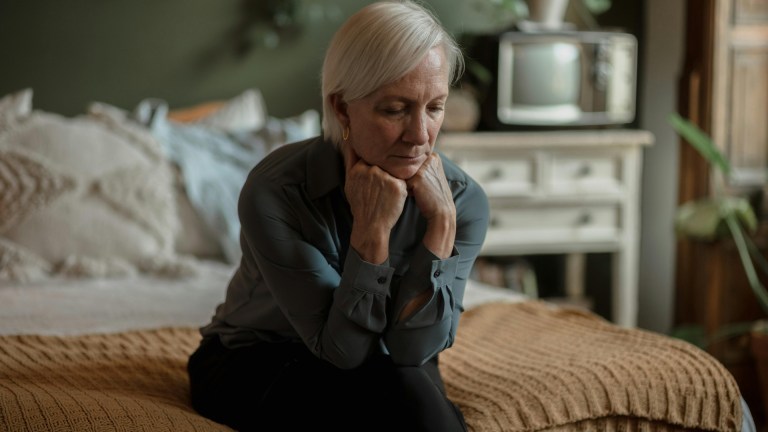Big Issue founder John Bird’s push to make credit more affordable for some of the poorest in society has reached a key milestone as it moves through parliament.
The Creditworthiness Assessment Bill, the proposed legislation launched last year, proceeded through the House of Lords yesterday and will now head to the House of Commons.
Today, as my Creditworthiness Assessment Bill leaps its final hurdle in Lords, our campaign to #makerentcount head to the Commons – watch its Third Reading at 15:30 https://t.co/m5UTgqGgTX https://t.co/JlT7ua7CE1
— John Bird (@johnbirdswords) July 18, 2018
There were no amendments made to the bill during last week’s report stage or the processional third reading in the Lords yesterday.
The proposed legislation, which aims to provide fairer access to more affordable credit for people living in poverty, had a first reading on June 28 last year before progressing to a second reading on November 24.
A committee stage hearing on May 11 this year saw no amendments passed before the bill, which has received support cross-party support from Nicky Morgan MP and Green Party peer Baroness Jones among others, completed its run in the Lords.










